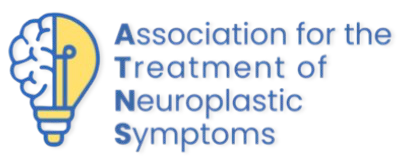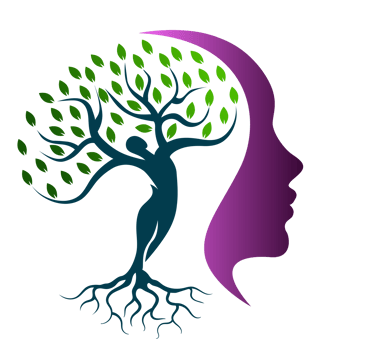
Mind-Body Approach
Are you tired of trying to think your way out of how you are feeling?
Whether you are in emotional and/or physical pain, a mind-body approach can help.
A Mind-Body approach is about helping you access a greater sense of safety and groundedness, retraining your brain and nervous system from the bottom up.
Emotions are sensory experiences felt in the body, so it makes sense to utilize the body and sensory-based practices if we want to heal on an emotional level.


80% of all nerve signals come from the body up to the brain, and only 20% go from the brain down to the body.
So if we're not noticing and working with the body, we're missing a huge opportunity for impacting how we feel.


Only about 5% of the brain is under conscious control, so we often can't "just choose to feel different."
Using body and sensory-based practices is a way to engage and retrain the other 95% of our brain that is responsible for our emotions and automatic stress responses.
A Mind-Body approach is also a proven way to heal chronic pain and other types of chronic illness referred to as neuroplastic symptoms. This approach is often referred to as Neuroplastic Symptom Retraining. Learn more here.



Chronic Pain
Chronic Illness
Neuroplastic Symptoms [Learn more here]
I offer each client a variety of evidence-based interventions guided by client interest and my clinical judgement.
These include (but are not limited to) psycho-education about the brain and nervous system, Pain Reprocessing Therapy, exposure therapy, movement, sound, directed awareness, breathing practices, and Eye Movement Desensitization and Reprocessing (EMDR).
What I Offer


The ultimate goal is to give you, the client, action-based tools to tap into greater safety within yourself, allowing you to navigate the world with greater ease and confidence.
I work with teens and adults who are interested in more than just thinking and talking about their problems.
While being an attentive listener is a foundational piece of what I provide, I also actively engage my clients in discussion, provide education, and guide you through practices you can then take home and continue using on your own.
I Commonly Work With
Neurodivergence
ADHD
High Functioning Autism
Highly Sensitive Persons
(Learn more about HSPs here)
Sensory sensitivity/overwhelm
Emotional Overwhelm/Dysregulation
Anxiety
Depression
Trauma
Difficulty identifying what
you are feeling
Emotional Numbness
Low Self-esteem
Overthinking
Perfectionism
Self-Criticism























